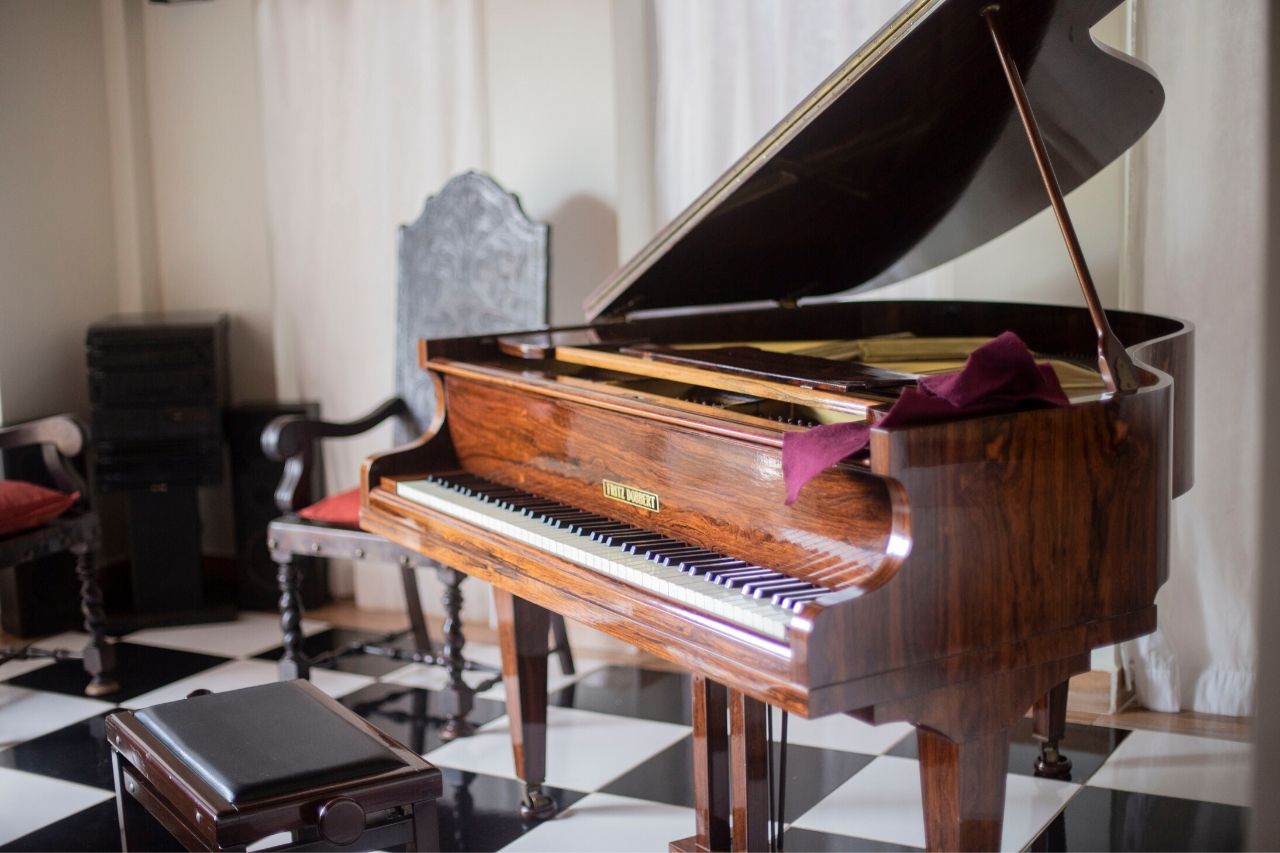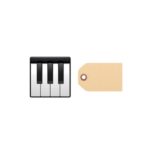If you currently or have ever owned a piano, you’re probably aware that the tuning process is one of the most important components of maintaining it. Not only does tuning your instrument keep it playing well, but it also helps to preserve its value and charm. However, having your piano tuned can be a tedious and complicated process for those who are unfamiliar with it. As such, piano owners must understand how piano tuning works to best appreciate how beautifully this device plays.
Defining the Tuning Process
The first step to understanding how piano tuning works is knowing what the process entails and what it means for your performances. Piano tuning is the act of adjusting the amount of tension placed on each string—therefore, changing their frequency of vibration when struck by a key. This frequency of vibration, otherwise known as the string’s pitch, produces a sound that should fall into harmony with the other strings around it. This is, ultimately, how pianos produce their melodious music.
How a Piano Is Tuned
When tuning piano strings, the first essential step is to become familiar with the pitches you want it to produce. When you know what the chord should sound like, you can continuously adjust the strings until you find a sound that matches. The string tension is honed by carefully turning the piano pins attached to them—loosening or tightening the string with each turn. Once the reference notes are in tune on each fourth of the keyboard, the tuner then repeats the process with the rest of the strings in between. This procedure requires someone who’s very skilled at identifying sounds and knows the deep complexities of music theory.
While the initial steps may not sound too difficult, piano tuning is an incredibly complicated process that requires the hand a professional piano tuning technician. For those who are not as experienced in the art, it’s very easy to accidentally over or under tighten strings, leading to damages that could cost hundreds to fix. It’s also important to note that, while pianos hold their tune for a while, they can fall out of tune in certain temperatures or levels of humidity. Because of this, piano owners should consider getting their instruments tuned at least twice a year.






